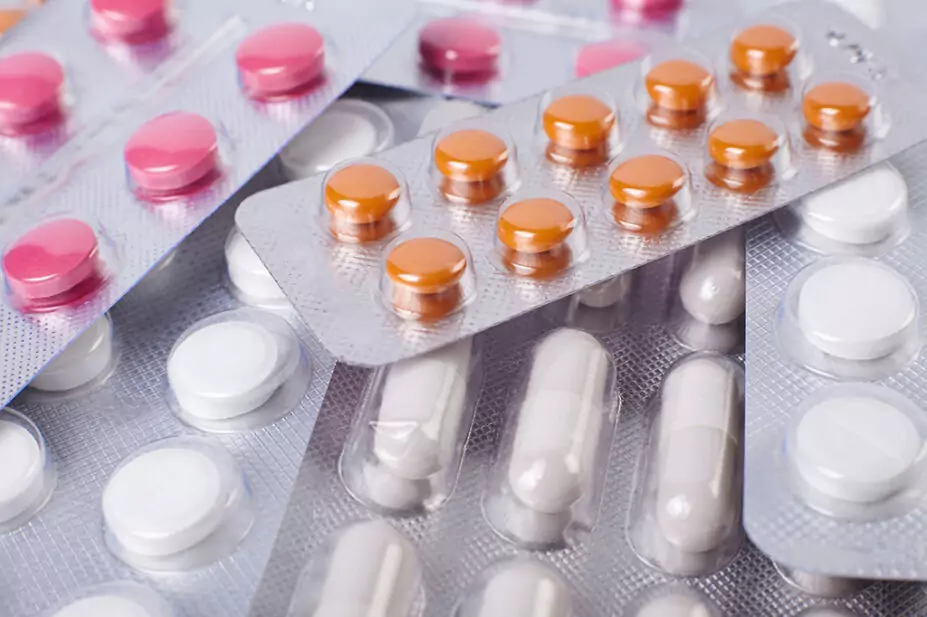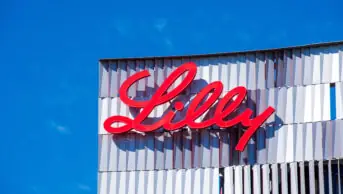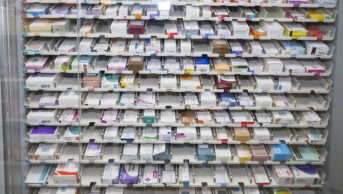
Shutterstock.com
The High Court has dismissed a judicial review brought by the British Generic Manufacturers Association (BGMA) against a government decision to exclude it from being fully involved in negotiations over a new tax scheme for branded medicines sold to the NHS.
The UK government and the Association of the British Pharmaceutical Industry (ABPI) are expected to start renegotiating the voluntary pricing and access scheme (VPAS) later in 2023.
Under current VPAS rules, which end on 31 December 2023, manufacturers of branded medicines are required to pay the government 26.5% of their net income from sales of branded medicines to the NHS.
In April 2023, the BGMA sought judicial review after requesting full participation in talks on a new deal because of the implications for the producers of branded generics and biosimilars — which make up almost half the medicines in the VPAS — but having instead been offered ‘observer status’.
A High Court ruling published on 10 July 2023 showed that the BGMA had argued that the ABPI “does not and cannot properly represent the interests of the BGMA members in negotiations with the Secretary of State because its central and predominant role is to promote the interests of in-patent manufacturers to the inevitable detriment of generic manufacturers”.
However, the judge in the case ruled that the government’s decision to negotiate solely with the ABPI was reasonable and the call for judicial review was dismissed.
Mark Samuels, chief executive of the BGMA, said the judgment was “extremely disappointing”.
“Branded generics and biosimilar represent nearly half the medicines covered in the current VPAS scheme,” he said.
“These are medicines which, by their nature, already face competition. This reduces their cost to the NHS by typically up to 80% compared to the originator price. This competitive model has been very successful and provides the UK with the lowest cost medicines in Europe.”
Samuels added it was “not sustainable” for manufacturers to have to pay a further spiralling VPAS rebate on their revenues.
The VPAS levy has quadrupled since 2019, when the clawback on profits for branded medicines was just 9.6%.
“Over the past ten years, VPAS has created a system which has treated on- and off-patent medicines in the same way, despite their supply being driven by different business models, cost pressures and market dynamics,” added Samuels.
“The implications of a continuing high VPAS rate are significant in terms of cost to the NHS and availability of medicines. We urge the government to take these factors into consideration when setting the rate for 2024 and beyond.”
Richard Torbett, chief executive of the ABPI, said: “For over 60 years the ABPI has acted as the representative industry body for negotiations on the voluntary scheme for branded medicines — a responsibility we take extremely seriously and one which has been reaffirmed by today’s judgment.
“While we were disappointed that the BGMA decided to take this action, we recognise their decision was driven by the extreme challenge placed on all parts of the industry from the surge in the branded medicine payment rates.
“The solution to these problems must be a completely new and sustainable approach to medicines provision in the UK, which rapidly brings industry revenue payments in line with comparator countries to unlock investment and growth.”
A spokesperson for the Department for Health and Social Care said: “We welcome the [High] Court’s decision. Our priority in negotiations remains to agree a mutually beneficial new voluntary scheme that supports better patient outcomes, a strong UK life sciences industry, and the sustainability of NHS spend on branded medicines.”


